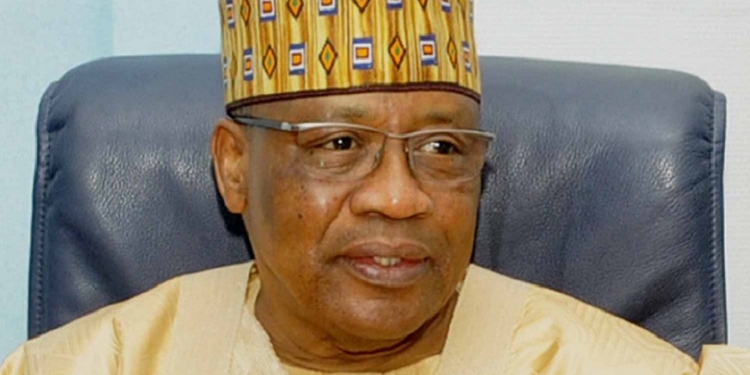- The coup was quickly tagged an Igbo one due to high number of northern politicians killed by the putschists while no politician from the Eastern region was killed
Former Military Head of State, Ibrahim Badamosi Babangida, IBB, has countered the age-long narrative of Nigeria’s first republic that seems to view the story of the nation’s first military coup through the prism of ethnicity.
Some young military officers, deeply troubled by the unsettling state of the nation, took matters into their own hands and carried out the first coup in Nigeria in January 1966 to bring an end to the perennial political upheaval and social unrest in the country, especially in the then Western region, which at the time threatened the very foundation of the new nation.
Top northern politicians like, Nigeria’s first prime minister, Abubakar Tafawa Balewa, and the premier of the northern region, Sir Ahmadu Bello, the Premier of the Western region, Ladoke Akintola, among others were killed in the coup.
The coup was quickly tagged an Igbo one due to high number of northern politicians killed by the putschists while no politician from the Eastern region was killed.
However, Babangida rubbished claims that the 1966 military takeover was an “Igbo coup”, adding that the leader of the 1966 coup, Kaduna Nzeogwu, was a Hausa as any northerner could be.
In his just launched book, ‘A Journey in Service’, the former military Head of State said Nzeogwu was only Igbo by name but was more of Hausa.
The former military ruler said it was heinously callous for Nzeogwu to have murdered Sir Ahmadu Bello and his wife, Hafsatu, because they were adored by many.
He noted that many top military officers of Igbo extraction were also killed during the bloody putsch.
He wrote: “For instance, the head of the plotters, Major Kaduna Nzeogwu, was only Igbo in name. Born and raised in Kaduna, his immigrant parents were from Okpanam in today’s Delta State, which, in 1966, was in the old mid-western region.
“Nzeogwu spoke fluent Hausa and was as ‘Hausa’ as any! He and his original team probably thought, even if naively, that they could turn things around for the better in the country.
“That said, it was heinously callous for Nzeogwu to have murdered Sir Ahmadu Bello and his wife, Hafsatu, because not only were they eminently adored by many but also because they were said not to have put up a fight.
“From that moment, the putsch was infiltrated by ‘outsiders’ to its supposed original intention, and it took on an unmistakably ethnic colouration, compounded by the fact that there were no related coup activities in the Eastern region.
“It should, however, be borne in mind that some senior officers of Igbo extraction were also victims of the January coup. For instance, my erstwhile Commander at the Reconnaissance Squadron in Kaduna, Lt-Col. Arthur Chinyelu Unegbe, was brutally gunned down by his own ‘brother’, Major Chris Anuforo, in the presence of his pregnant wife, at his 7 Point Road residence in Apapa, for merely being a threat to the revolution As a disciplined and strict officer who, as the Quartermaster-General of the Army, was also in charge of ammunition, weapons, equipment, vehicles, and other vital items for the Army, the coup plotters feared that he might not cooperate with them.
“It should also be remembered that some non-Igbo officers, like Major Adewale Ademoyega, Captain Ganiyu Adeleke, Lts Pola Oyewole and Olafimihan, took part in the failed coup. Another officer of Igbo extraction, Major John Obienu, crushed the coup.
“Those who argue that the original intention of the coup plotters was anything but ethnic refer to the fact that the initial purpose of the plotters was to release Chief Obafemi Awolowo from prison immediately after the coup and make him the executive provisional president of Nigeria.
“The fact that these Igbo officers would do this to a man not known to be a great ‘lover’ of the Igbos may have given the coup a different ethnic colouration. But, again, I may be wrong here since this view is speculative. I admit that my position here may be the naive insights of an unsuspecting young officer who viewed events from a distance.”






Discussion about this post